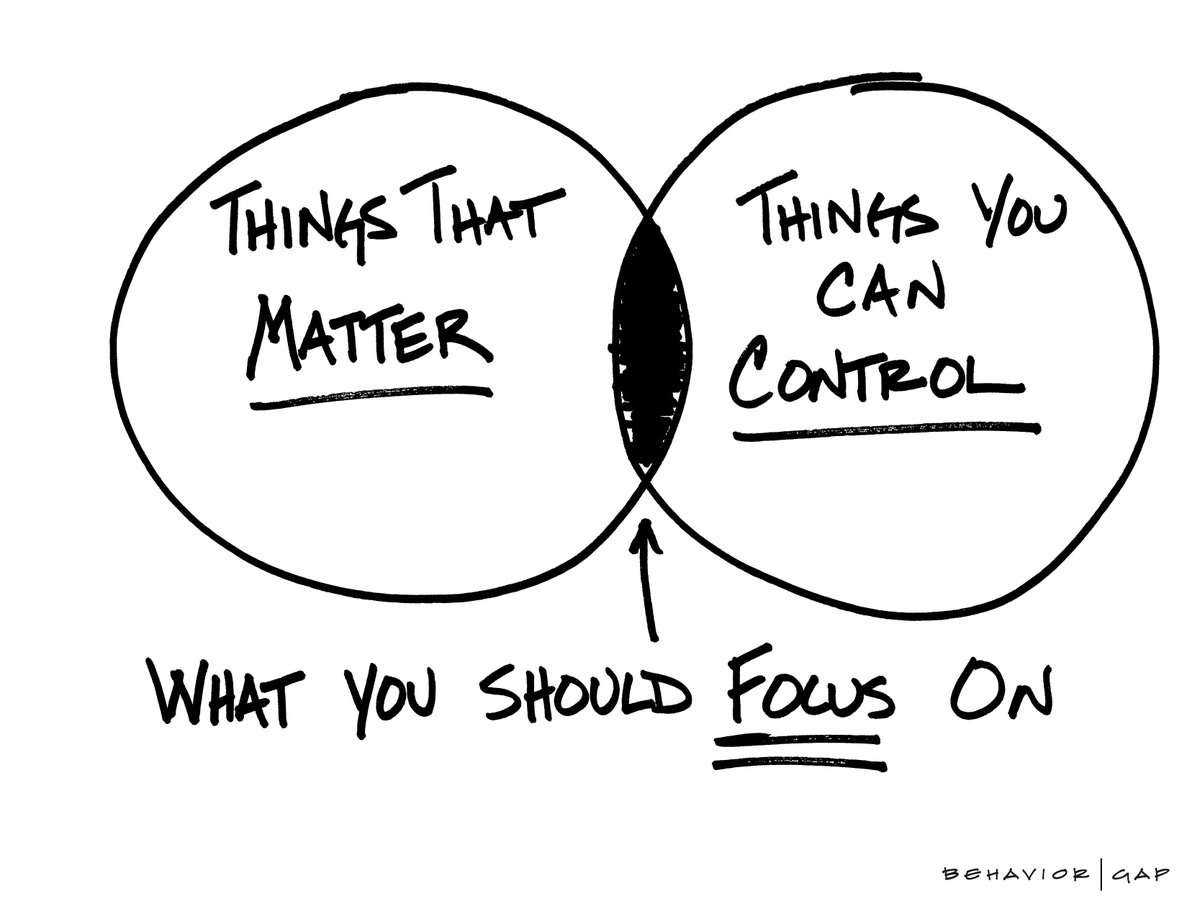10 differences between amateurs and professionals:
1. Amateurs make it look effortful, Professionals make it look effortless.
Effortless, elegant performances are the result of a large volume of effortful, gritty practice. Small things become big things.
(thread)
1. Amateurs make it look effortful, Professionals make it look effortless.
Effortless, elegant performances are the result of a large volume of effortful, gritty practice. Small things become big things.
(thread)
2. Amateurs love the prize, Professionals love the process.
You’ll never make it if the view at the summit is the only thing motivating you to climb. The hunt has to be just as exciting as the meal at the end.
Professionals truly fall in love with the process.
You’ll never make it if the view at the summit is the only thing motivating you to climb. The hunt has to be just as exciting as the meal at the end.
Professionals truly fall in love with the process.
3. Amateurs blame others, Professionals are accountable.
The Amateur looks outward: Bad luck, unfair circumstances, a cheating opponent.
The Professional looks inward: Lack of preparation, gaps in routine, uneven intensity.
Accountability breeds progress.
The Amateur looks outward: Bad luck, unfair circumstances, a cheating opponent.
The Professional looks inward: Lack of preparation, gaps in routine, uneven intensity.
Accountability breeds progress.
4. Amateurs fear being wrong, Professionals enjoy it.
Professionals have retrained their minds to embrace new information that forces a change in viewpoint. They view each "software update" as an improvement upon the old.
Open mindsets rule the world.
Professionals have retrained their minds to embrace new information that forces a change in viewpoint. They view each "software update" as an improvement upon the old.
Open mindsets rule the world.
5. Amateurs enter with 100 mediocre moves, Professionals enter with 1 perfect move.
Professionals know their unique edge—they play *their* game.
"I fear not the man who has practiced 10,000 kicks once, but I fear the man who has practiced one kick 10,000 times." - Bruce Lee
Professionals know their unique edge—they play *their* game.
"I fear not the man who has practiced 10,000 kicks once, but I fear the man who has practiced one kick 10,000 times." - Bruce Lee
6. Amateurs are flashy, Professionals are relentless.
Many people are able to produce bursts of energy—few are able to produce consistent, steady flows, day-in day-out.
The former is flashy, but the latter is relentless. Never bet against the person who just keeps showing up.
Many people are able to produce bursts of energy—few are able to produce consistent, steady flows, day-in day-out.
The former is flashy, but the latter is relentless. Never bet against the person who just keeps showing up.
7. Amateurs seek recognition, Professionals seek legacy.
Amateurs do it for the pat on the back—the approval, the words of affirmation, the champagne.
Professionals do it for something bigger—they don't need approval. They're building something that lasts long after they're gone.
Amateurs do it for the pat on the back—the approval, the words of affirmation, the champagne.
Professionals do it for something bigger—they don't need approval. They're building something that lasts long after they're gone.
8. Amateurs let the day come to them, Professionals have a routine.
The greatest performers in any craft share one thing in common: They have a routine and they stick to it.
Greatness is simply the result of tiny daily actions done well—over and over and over again.
The greatest performers in any craft share one thing in common: They have a routine and they stick to it.
Greatness is simply the result of tiny daily actions done well—over and over and over again.
9. Amateurs play the table, Professionals set the table.
Professionals play games they are uniquely well-suited to win.
They set the table in a way that favors their edge and then make their opponent play on it.
If they don't like the way the table is set, they flip it over.
Professionals play games they are uniquely well-suited to win.
They set the table in a way that favors their edge and then make their opponent play on it.
If they don't like the way the table is set, they flip it over.
10. Amateurs hope for good breaks, Professionals create them.
Amateurs enter the arena with their fingers crossed. Professionals enter the arena with a plan.
They realize that most of what we call luck is the macro result of 1,000s of micro actions. Professionals create more luck.
Amateurs enter the arena with their fingers crossed. Professionals enter the arena with a plan.
They realize that most of what we call luck is the macro result of 1,000s of micro actions. Professionals create more luck.
Those are 10 differences I have observed between amateurs and professionals.
What would you add to the list?
If you enjoyed this thread, share it with your friends and follow me @SahilBloom for more!
What would you add to the list?
If you enjoyed this thread, share it with your friends and follow me @SahilBloom for more!
https://x.com/SahilBloom/status/1791817866334920710
• • •
Missing some Tweet in this thread? You can try to
force a refresh











